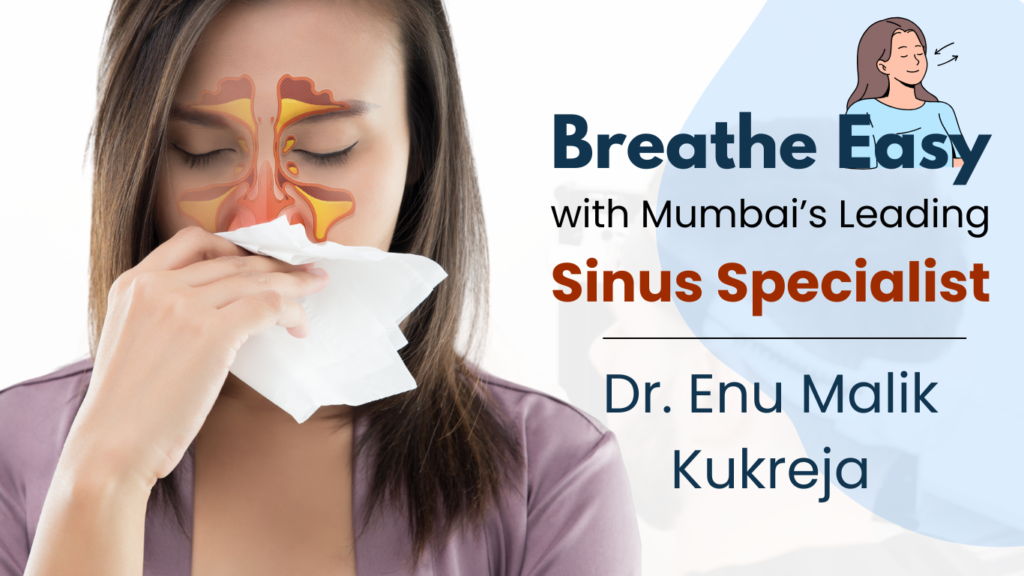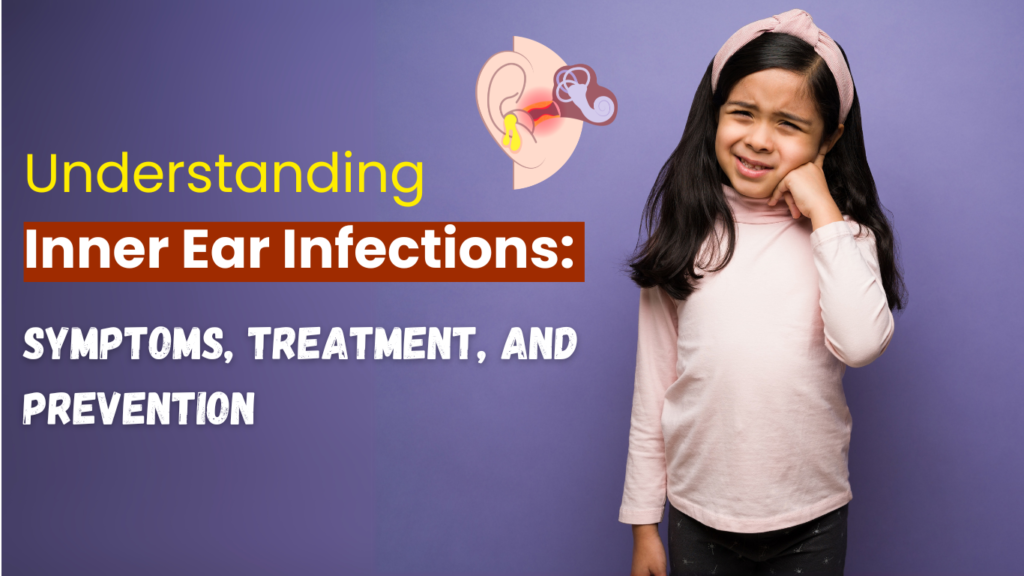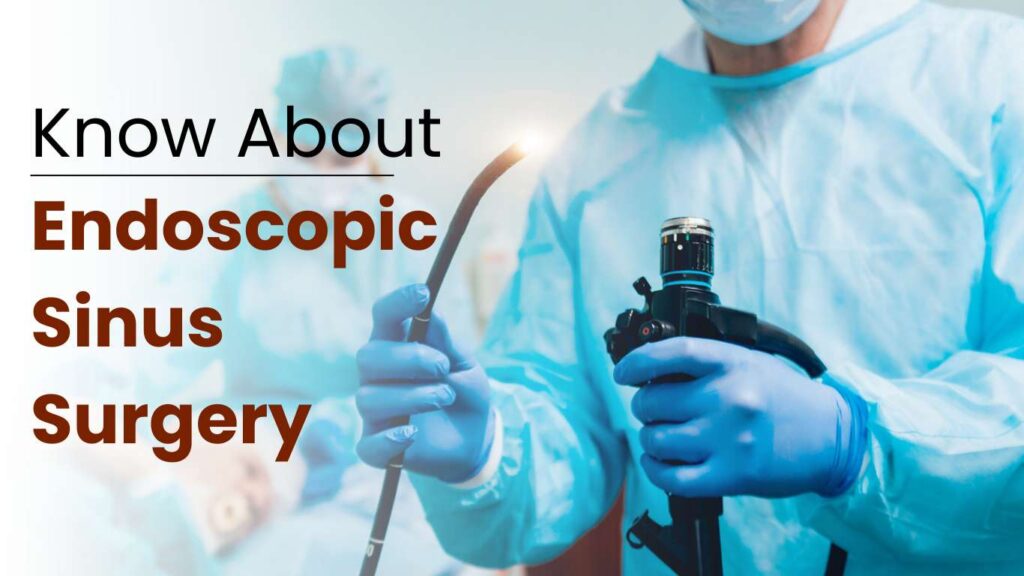Inner ear infections, also known as labyrinthitis, can be a serious and uncomfortable condition impacting one’s balance and hearing. These infections occur when the inner ear, or labyrinth, becomes inflamed, usually due to a viral infection. If you’re experiencing symptoms or suspect an inner ear infection, consulting an ENT specialist is crucial. Dr. Enu Malik Kukreja, a highly skilled ENT Specialist in Andheri, Mumbai, offers expert care for conditions like inner ear infections, helping patients understand their symptoms and receive effective treatment. What is an Inner Ear Infection? An inner ear infection affects the labyrinth, which is a part of the ear responsible for both hearing and balance. Unlike middle ear infections, which are more common and may be bacterial, inner ear infections are often caused by a viral infection. The most common type is labyrinthitis, while vestibular neuritis affects only balance. Inner ear infections can lead to severe dizziness (vertigo), nausea, vomiting, hearing loss, and a sensation of spinning. Inner Ear Infection Causes and Risk Factors Most inner ear infections are caused by viral infections (such as colds, the flu, or respiratory infections) that spread to the inner ear. In some cases, bacterial infections can also lead to inner ear inflammation, but this is rarer. Risk factors include: Respiratory Infections – Having a cold or flu can increase the likelihood of developing an inner ear infection. Weakened Immune System – Conditions that compromise the immune system make it easier for infections to reach the inner ear. Allergies – Seasonal allergies can sometimes cause fluid buildup, leading to ear infections. Symptoms of an Inner Ear Infection Inner ear infections come with a distinct set of symptoms that can greatly disrupt daily life. Symptoms include: Vertigo – A sensation of spinning or loss of balance, which can be severe and often worsens with movement. Hearing Loss – Temporary hearing loss in one ear is common and may vary in severity. Nausea and Vomiting – Due to the imbalance caused by the infection, nausea and vomiting often accompany vertigo. Ear Pain or Discomfort – While less common in inner ear infections, some may experience discomfort. These symptoms are disruptive and, in severe cases, require medical treatment to alleviate the dizziness and stabilize the patient. Diagnosis and When to Seek Help Diagnosing an inner ear infection usually involves a physical examination, hearing tests, and possibly imaging tests to rule out other conditions. Consulting with an experienced ENT specialist like Dr. Enu Malik Kukreja in Andheri is important, as inner ear symptoms can sometimes mimic other serious health issues. Dr. Kukreja’s approach includes a thorough examination and testing to determine the exact cause and best course of action for relief. Treatment Options for Inner Ear Infections Treatment depends on the severity and cause of the infection: Antiviral or Antibiotic Medications – In cases of viral infections, antiviral medications may be used. For bacterial infections, antibiotics are prescribed. Anti-nausea Medication – To alleviate nausea and dizziness, anti-nausea medications are often recommended. Steroids – Sometimes, steroids are used to reduce inflammation and ease symptoms quickly. Vestibular Rehabilitation Therapy (VRT) – For patients with prolonged symptoms of imbalance, VRT, a type of physical therapy, can help the brain compensate for balance issues. Prevention Tips Preventing inner ear infections involves managing overall health and taking steps to reduce risk: Avoid Respiratory Infections – Practice good hygiene to prevent colds and flu, such as frequent hand-washing and avoiding close contact with those who are sick. Get Vaccinated – Seasonal flu vaccinations can lower the risk of viral infections that lead to ear infections. Manage Allergies – Keeping allergies under control can prevent inflammation and fluid buildup in the ear. Strengthen the Immune System – A balanced diet, adequate sleep, and regular exercise can support the immune system. Why Choose Dr. Enu Malik Kukreja for Ear Infections? With extensive experience in treating ENT conditions, Dr. Enu Malik Kukreja, based in Andheri, Mumbai, is well-regarded for her expertise in diagnosing and treating ear infections. Her approach combines compassion with cutting-edge treatment, ensuring each patient receives a thorough assessment and a personalized treatment plan to effectively manage symptoms and promote recovery. If you’re struggling with symptoms of an inner ear infection, don’t wait—timely intervention can make a significant difference in recovery. Book a consultation with Dr. Enu Malik Kukreja to start your journey to relief. Inner ear infections can be challenging, but with the right care and attention, relief is within reach. Consult Dr. Enu Malik Kukreja, one of Mumbai’s trusted ENT specialists, to help manage and treat your inner ear infection effectively.





